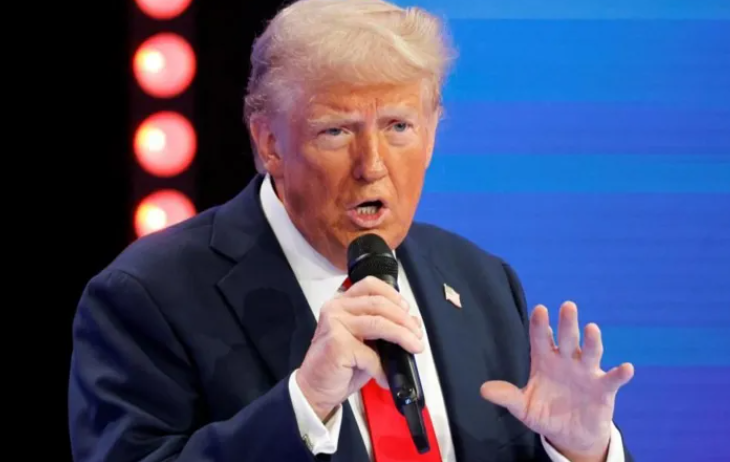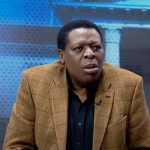Donald Trump has labeled a judge “the most evil person” after she released over 1,800 pages of evidence in Special Counsel Jack Smith’s election conspiracy case against him.
The Republican presidential candidate claimed that US District Court Judge Tanya Chutkan’s refusal to delay the release of the new evidence until after next month’s election amounted to “election interference.”
Legal experts have debated whether the filings might violate a Department of Justice internal rule that advises prosecutors to avoid actions that could impact an election within 60 days of voting.
In her ruling, however, Judge Chutkan argued that withholding the files could itself be seen as interfering in the election. “If the court withheld information that the public otherwise had a right to access solely because of the potential political consequences of releasing it, that withholding could itself constitute – or appear to be – election interference,” she wrote.
Last year, a Texas woman was charged with making death threats against Judge Chutkan, referencing the Trump case.
The heavily redacted 1,889 pages of documents released mostly consist of information already available to the public, including excerpts from former Vice President Mike Pence’s biography and his formal declaration that he would not overturn the 2020 election results.
The newly released evidence is part of a motion filed by Jack Smith last month.
Appearing on a podcast Friday with right-wing media personality Dan Bongino, Trump blasted Judge Chutkan and called the special counsel “a sick puppy.”
The indictment focuses on the January 6, 2021, US Capitol riot and accuses Trump of illegally conspiring to overturn his defeat in the 2020 election to Joe Biden.
During the interview, Trump also compared the treatment of those detained for storming the Capitol to the internment of Japanese Americans during World War II. “Why are they still being held? Nobody’s ever been treated like this,” he said. “Maybe the Japanese during the Second World War, frankly.”
Earlier this year, the Supreme Court ruled that Trump cannot be prosecuted for official acts carried out as president. Consequently, Smith had to revise the case and argue that Trump committed crimes while still in office, but acting as a private citizen.
In September, Smith filed a new motion outlining these arguments, which included claims that Trump continued promoting false election fraud theories despite acknowledging they were “crazy.”
The motion also shed light on the strained relationship between Trump and Pence, with the former vice president urging Trump to stop spreading election fraud claims and to move on.
The documents released Friday include transcripts of interviews conducted by the January 6 House committee, parts of Pence’s autobiography, and fundraising emails sent to voters.
It remains uncertain if the January 6 case will go to trial. Trump is expected to end the prosecution if he returns to the White House.
Trump is also facing several other criminal cases, including a conviction on 34 felony counts in New York related to a hush-money payment.



